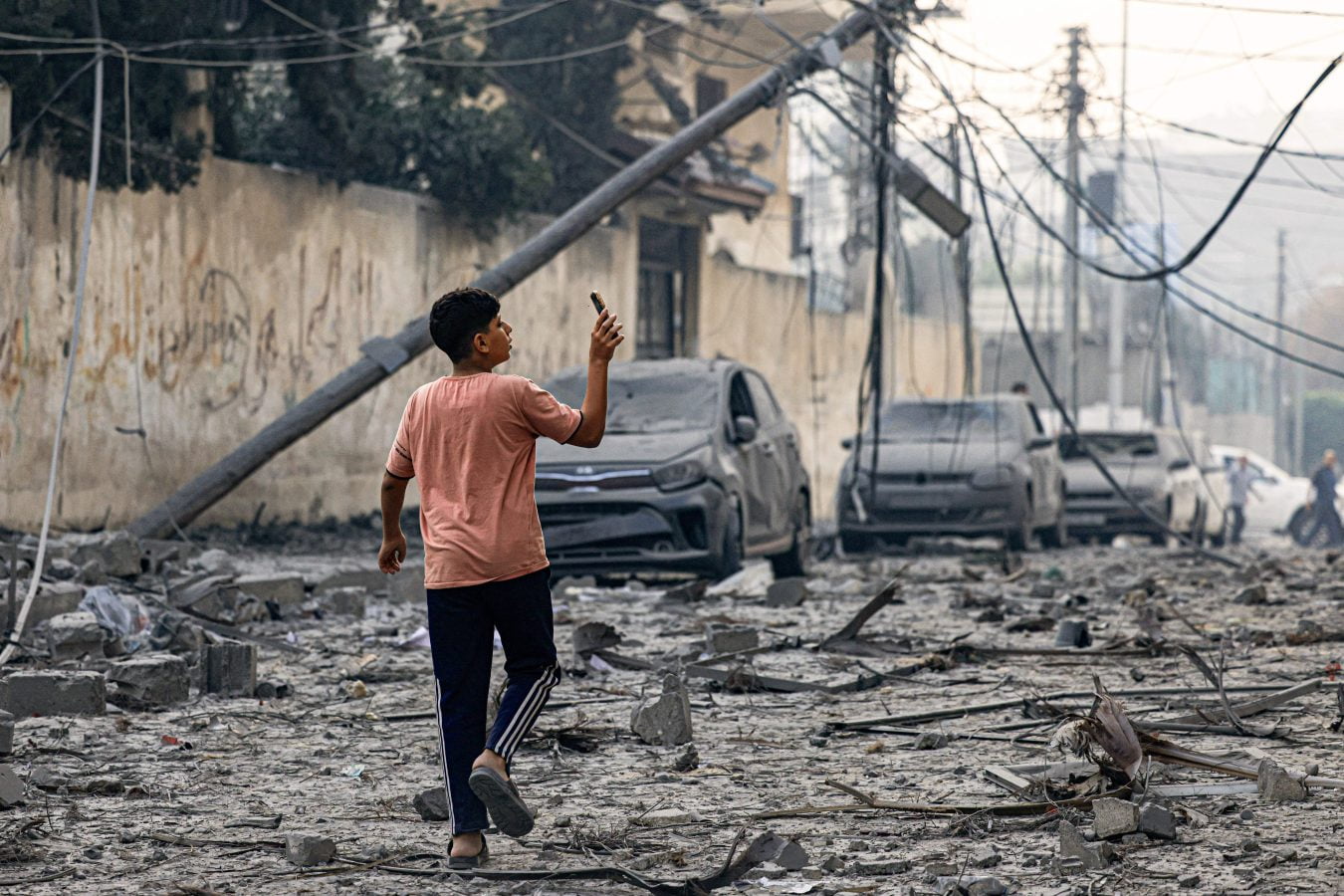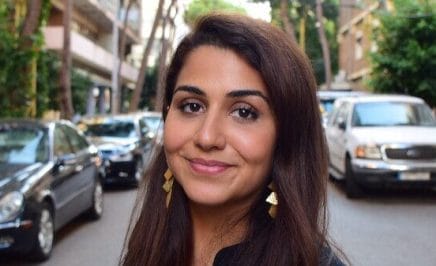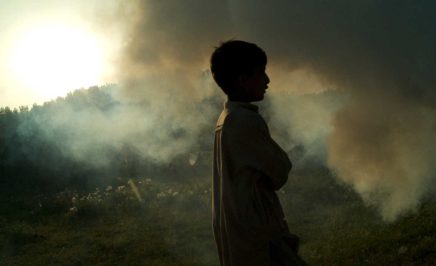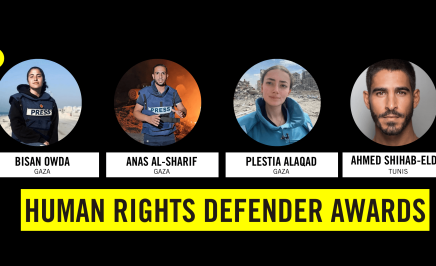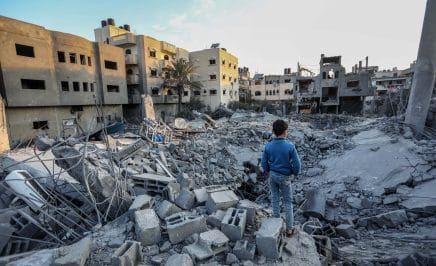After 247 days of escalating violence in Gaza, the United Nations (UN) Security Council passed a resolution on June 10, calling for an immediate ceasefire between Israel and Hamas and urged both parties to ‘fully implement its terms without delay and without condition’.
It reiterated an ‘unwavering commitment’ to a two state solution where Israel and Palestine ‘live side by side in peace within secure and recognised borders’.
What is happening on the ground today?
Today, for two million Palestinians, there is nowhere safe to go. Since October 7, the people of Gaza have endured relentless violence, which has killed over 37,000 people, more than 14,000 of them children. According to Save The Children, nearly 21,000 children are still missing in Gaza.
Central areas of Gaza city, Rafah and the Occupied West Bank continue to be bombarded by indiscriminate Israeli attacks. The Rafah crossing remains closed, severely restricting the provision of humanitarian aid to Gaza – which remains on the verge of famine.
Philippe Lazzarini, Commissioner-General The United Nations Relief and Works Agency for Palestine Refugees in the Near East (UNRWA) reiterated how Gaza is now “a living hell” for more than two million people there – that children continue to die of malnutrition and dehydration, “while food and clean water wait in trucks” outside the enclave.
International Commission of Inquiry on the Occupied Palestinian Territory, including East Jerusalem
In the week following the UN Security Council resolution, Navi Pillay, chairperson of the United Nations backed independent commission, delivered their most recent report that found Israel’s “deliberate” use of heavy weapons in Gaza has been an “intentional and direct attack on the civilian population”.
It determined that Israel has committed war crimes, crimes against humanity, collective punishment, extermination, murder, sexual violence, forced starvation, and inhuman and cruel treatment of Palestinians that has forced 1.7 million to flee their homes.
And, the Commission found that Hamas has committed the war crimes of directing attacks against civilians, murder or wilful killing, torture, inhuman or cruel treatment, and the taking of hostages.
Chris Sidoti, Member of the Commission of Inquiry
“This is the highest death toll ever in this protracted period of warfare…There must be accountability for every specific act of criminality.”
The commission’s report was the UN’s first in-depth investigation of the events covering 7 October until the end of 2023, and has submitted over 7,000 pieces of evidence to the International Criminal Court.
What can you do?
Demand the Australian Government take action – your Member is elected to represent you, so it’s important they know that you, as a constituent, want them to take action. Make it clear that Australians support a ceasefire, unimpeded access to aid, justice for Palestinians, support for accountability; and want their Members of Parliament to stand with them in these calls.
Amplify the voices of people in Rafah like @wizard_bisan1, @thepcrf , @UNRWA and many more, share their stories and learn ways you can help them.
Stay updated about the Gaza crisis and educate yourselves its root causes by following @apan4palestine, @eye.on.palestine, @loudjewcollective, @tzedekcollective , @jao48australia, @jewishcouncil, @para.foundation and @unrwa.
Protests are an important way to speak the truth to those in power, and show solidarity for those who can’t. We need your support now more than ever to stand in solidarity with the people of Gaza and to call for a ceasefire by all parties to end civilian suffering in Gaza! You can find all the upcoming events, rallies and solidarity vigils by typing your postcode in the map below – or on the APAN Website.
Donate to Amnesty’s crisis response – Amnesty has and will continue to play a crucial role in holding the perpetrators of these violations to account, by reporting on damning evidence of war crimes by Israeli forces, Hamas and other armed groups. In fact, the work of Amnesty’s researchers like Budour, was cited as evidence given by South Africa against Israel before the International Court of Justice, and by Francesca Albanese in her report to the Human Rights Council ‘Anatomy of a Genocide’.
Your support means more investigations to uncover war crimes, more pressure for a ceasefire, humanitarian access, and hostage release, and more action to shine a light on injustice.
